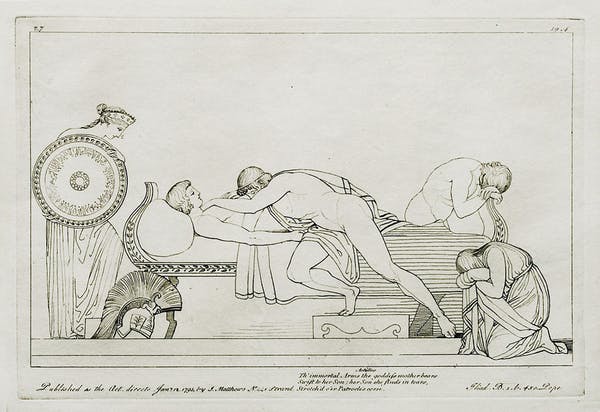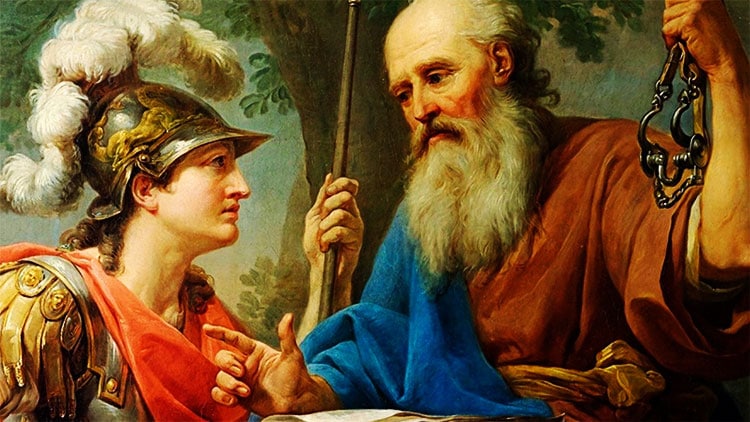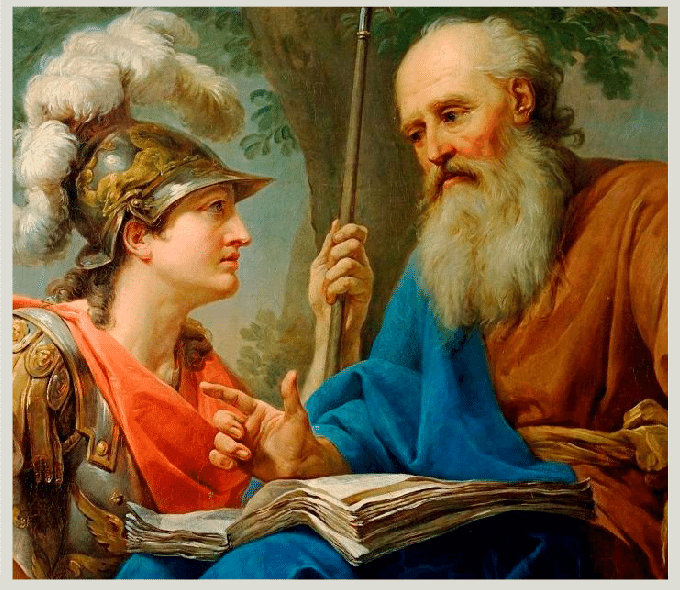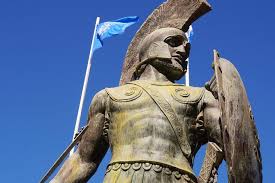By David Hooker, Contributing Writer, Classical Wisdom Weekly “Life is solitary, poor, nasty, brutish, and short.” So said the 17th Century English philosopher Thomas Hobbes in his magnum opus, Leviathan. It is a stark and negative statement, to be sure. Of course, Hobbes had in mind that the life of ordinary people would go much better under





